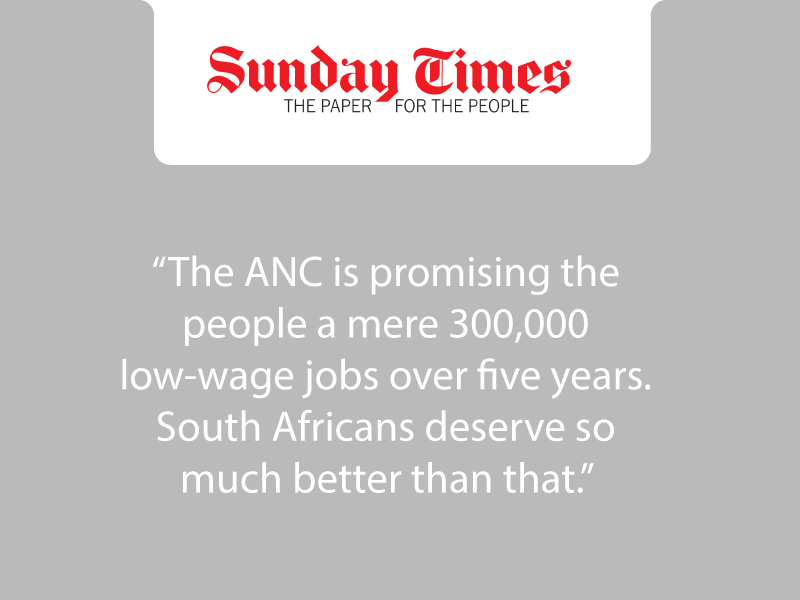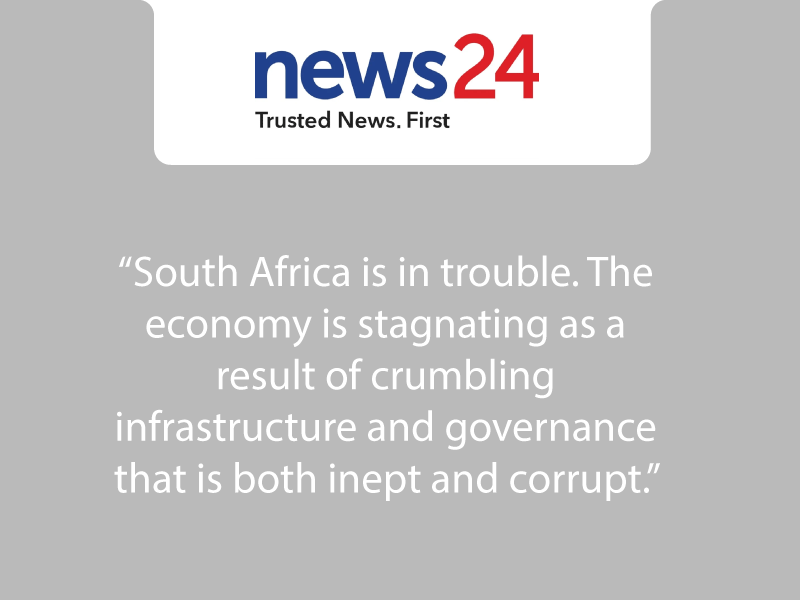
Black farmers who have received assistance from government and established farmers to become viable commercial farmers, are now under threat. In a depressing conflict of policies, many new black commercial farmers who have benefited from government’s land reform policies in the past are themselves now subject to land claims. “I don’t see any provisions in government policy for a person like myself,” a land reform beneficiary who has a pending restitution claim on his property.
This is one of the many unintended consequences of South Africa’s current experience of land reform.
CDE recently convened a roundtable discussion which brought together a cross section of farmers – large and small, black and white – to discuss their experiences of land reform.
The issues that emerged should be of concern to all South Africans.
The head of a large Free State agribusiness worked for 10 years to initiate a successful land reform project on 30% of his land. He developed two different kinds of projects – involving all his farm workers, their families, an experienced farm manager, co-management of operations to facilitate training, a phased transfer of all responsibility – but neither of these proposals ever got off the ground. One was rejected by government on the grounds that there ‘were too many co-owners’. Out of the blue the department bought the land but without a plan for agricultural development.
“Most land affairs officials and members of the provincial government dealing with agriculture know little or nothing about farming. The MEC and chief director, Land Affairs did not understand the seasonal nature of maize farming – if decisions were not made ahead of the summer planting season, the farm would lie idle for 12 months,” concluded the agribusinessman.
The sugar industry has been a pioneer in land reform. In 1996 the milling companies started a major divestment of their land – large farms subdivided, and smaller units sold to aspirant black farmers. They encountered logistical and bureaucratic problems and as a result formed and funded the Inkezo Land Company to fast track land transfers and viable businesses to black farmers. Some 14% of freehold land in the sugar industry is owned by 300 black farmers running economically functioning farms. Unfortunately, since 2005 this process has been blocked by the gazetting of land claims and the interminable delays in resolving these.
No less than 50% of all sugar farms are subject to land claims. Thus far only 4% of claims have been settled in KwaZulu Natal and 29% in Mpumalanga. The sugar industry is not afraid of the 30% redistribution target but it is being held back as so much land is under claim. Some of the land transferred to emergent farmers who have been trained and are starting to make it as farming businesses have already lost their farms through restitution or are under claim.
“I think the whole process is going backwards, which is very sad for us…. Some farmers have been interacting with the regional land claims commissioner for ten years without the claims involving their properties being settled,” summarised a sugar farmer.
He put it this way: “My own farm is under claim. I am a willing seller. We bypassed the commissioner because we were making no progress. The deal involves claimants getting 70% of the land and shares in businesses that we operate as farmers. The commissioner said to claimants, don’t take the deal we will get you 100%. The problem is if you go that route you lose all the experience built up by the established farming community and all the potential mentorship…Many farmers under claim are not making any new investments, cutting back on replanting and doing the bare minimum…. The land claims process is a real barrier to progress now as no-one can get funds (government or private) if your land is under claim. The quality of evidence and independence of regional commissioners leave a lot to be desired. The regional commissions lack administrative capacity and transparency, there is no understanding of the timing or economics of farming.”
In the forestry sector almost 40% of land is subject to claim. Some regional land claims commissioners have different objectives to claimant communities. “The commissioner shows very little interest in the survival of your operation,” asserted a forester.
Difficulties in ‘packaging the deal’ (for long term commercial sustainability) result in the administrative process taking up to three years. The sector can ill afford the delays since the industry works in long term cycles. It is not commercially viable to import timber in periods of declining local supply.
Another participant described what is happening in his region as a ‘tragedy of unintended consequences’ with ‘every square inch’ under claim. “When the regional commissioner buys land he transfers it to claimant community trusts without working capital. When professional co-managers (investors) are employed by trusts, the insistence that their contract be limited to short periods means they seek maximum return on their investment rather than helping to build the business for the long term.”
Consequently, beneficiaries are left with ‘a piece of land that is almost unusable’. In this region a commercially successful, diverse agricultural economy is deteriorating into an underdeveloped situation where only one crop is grown, without much commercial success.
Despite good agricultural commodity prices there has been a net outflow of investment in agriculture in the last three years. One participant bemoaned the fact that communication with the Minister was never about competitiveness: “We are gradually losing our competitive edge … South African will soon be eating bananas from other countries as commercial farming divests out of this country.”
Successful land reform in any country is difficult. It is clear that everyone has underestimated the complexity of getting this right in South Africa. Listening to farmers – both black and white – is a sobering experience. Across the board they are describing land reform as an area “thick” with problems. The future of South African commercial agriculture is now on the table; this in turn means that the economic viability of many rural regions of the country are under threat.
A frank review of where we are and how to make progress is urgently required.
CDE will shortly be releasing a major new research report on land issues with practical recommendations on how South Africans – government, ANC and private sector – can work together to get the country back on track.
- Ann Bernstein is head of the Centre for Development and Enterprise. This article is based on a CDE publication,Farmers Voices. Practical perspectives on land reform and agricultural development




